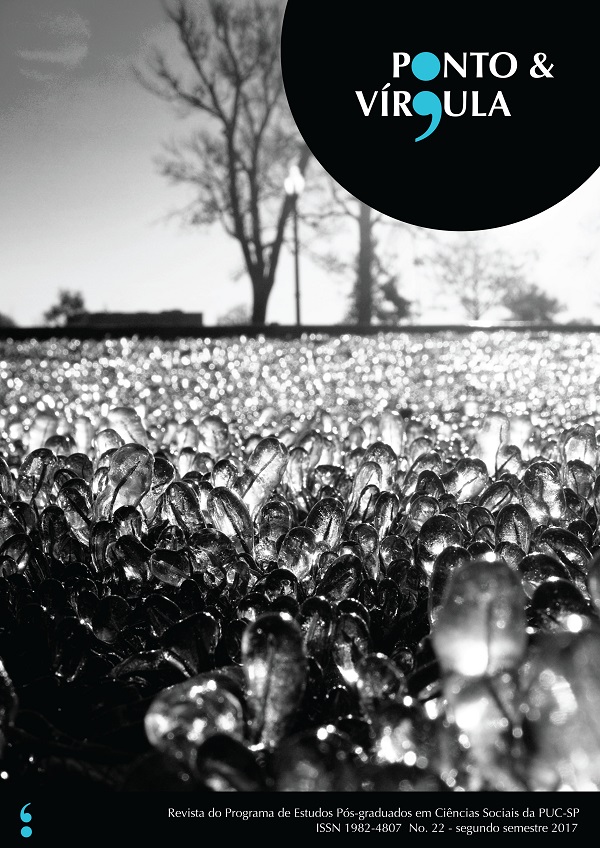Epistemologia das Ciências Humanas e Sociais
DOI:
https://doi.org/10.23925/1982-4807.2017i22p5-19Palabras clave:
Positivismo, Razão, ComplexidadeResumen
A transição da Idade Média para o Modernismo transformou de forma gradual a política, a sociedade e a economia, que passou do feudalismo para o capitalismo, logo em uma relação dialética influenciou no modo de perceber e investigar o mundo, inspirando a emergência de novas correntes filosóficas que subsidiaram o surgimento de novas ciências questionando as verdades até então inquestionáveis. Nas discussões sobre correntes filosóficas e científicas percebemos os conflitos e confluências entre diversas teorias. Iremos notar que algumas dessas correntes aceitam a influência externa para explicar os fenômenos, enquanto outras repudiam tal ideia buscando explicação em si mesma em uma perspectiva mais fechada. Essas aparentes dicotomias, por vezes dentro de uma análise mais profunda, se complementam a partir do olhar de alguns estudiosos ao perceberem os pontos de convergência entre elas. Nesse sentido propomos apontar as divergências e confluências entre as teorias que serão apresentadas bem como seus pressupostos e principais teóricos procurando refletir acerca das Ciências Humanas e Sociais a partir das teorias apresentadas, lembrando que as características de cada uma estão intrinsicamente ligadas ao contexto histórico.






